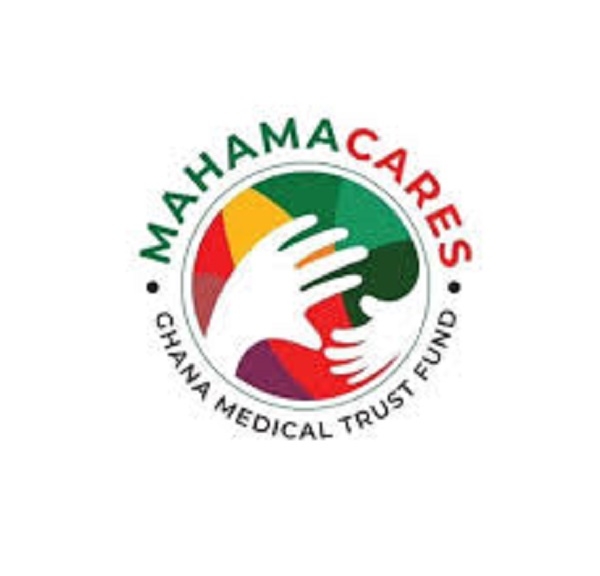Parliament debates controversial ‘Mahama Care’ bill to tackle chronic illness burden
 Mahama Cares Trust Fund
Mahama Cares Trust Fund
Parliament is set to begin consideration of the Ghana Medical Trust Fund Bill, 2025—popularly referred to as the Mahama Care Bill—after it was laid before the House under a certificate of urgency on Monday.
The proposed legislation seeks to establish a dedicated trust fund to mobilise resources for specialised medical care, particularly for patients suffering from chronic non-communicable diseases.
The Bill’s stated aim is to bridge major gaps in the country’s healthcare system, especially in the delivery of specialist care.
According to the government, the current health infrastructure is plagued by inequitable access to specialist services, with most concentrated in urban areas.
Other challenges include inadequate diagnostic equipment, poor data management, and the rising cost of treating chronic illnesses such as cancer, kidney failure, cardiovascular disease, stroke, and diabetes.
These conditions reportedly contribute to over 40 per cent of all-age mortality in Ghana.
The government argues that without timely intervention, many households grappling with chronic illnesses are at risk of falling into poverty within five years of diagnosis.
Despite the urgency of the health challenges the Bill seeks to address, it has already encountered stiff opposition. The Minority in Parliament resisted the use of a certificate of urgency to fast-track the legislation and raised concerns about overlapping responsibilities with existing health financing systems, particularly the National Health Insurance Scheme (NHIS).
The opposition also questioned the funding mechanism of the proposed Trust, which includes allocating 20 per cent of NHIS resources to the new Fund. They warned that this could strain the NHIS and potentially undermine its core functions. Additionally, they cited concerns about the long-term sustainability and transparency of the new funding structure.
Due to the absence of a decision-making quorum, the adoption of the committee’s report on the Bill was deferred.
Meanwhile, the Majority has mounted a strong defense of the Bill, insisting it is a necessary supplement to existing health schemes rather than a duplication.
They argue that the Ghana Medical Trust Fund would enable targeted investments in chronic disease care, improve healthcare infrastructure in underserved regions, and support the decentralisation of services.
The Majority maintains that the Trust is a strategic move to provide equitable and timely care to Ghanaians suffering from chronic conditions.
The Bill proposes an initial investment of $59.7 million over a three-year period and outlines key initiatives such as the establishment of a National Non-Communicable Disease Registry, the upgrade of diagnostic and treatment facilities, and the creation of a statutory Board of Trustees to oversee operations.
The estimated annual cost of running the Fund is GH¢3 billion, with financing expected from government allocations, public funds, voluntary contributions, and investment income.
As Parliament resumes deliberations today, the fate of the Mahama Care Bill remains uncertain amid continued partisan debate over its urgency, funding, and structure.
Source: Classfmonline.com/Havilah Kekeli
Trending News

Defence Minister urges public not to confuse ammunition with weapons
12:35
GFL backs fuel allocation cuts for gov't appointees
07:32
Mamprugu overlord sends delegation to congratulate President Mahama
03:12
NDC executives in six Kusaug constituencies denounce Mahama
15:43
Speaker cautions Majority against abusing supermajority
12:27
Health Minister announces significant boost in NHIS claims payments by 2026
04:44
Speaker refers final batch of Deputy Minister nominees to Appointments Committee
04:48
NDC executives decry ‘state-sponsored assault’ in Bawku
13:28
Minority walks out as Awurabena Aubynn is sworn-in as MP for Ablekuma North
12:12
Interior Minister hails bravery of injured police officer
04:24




